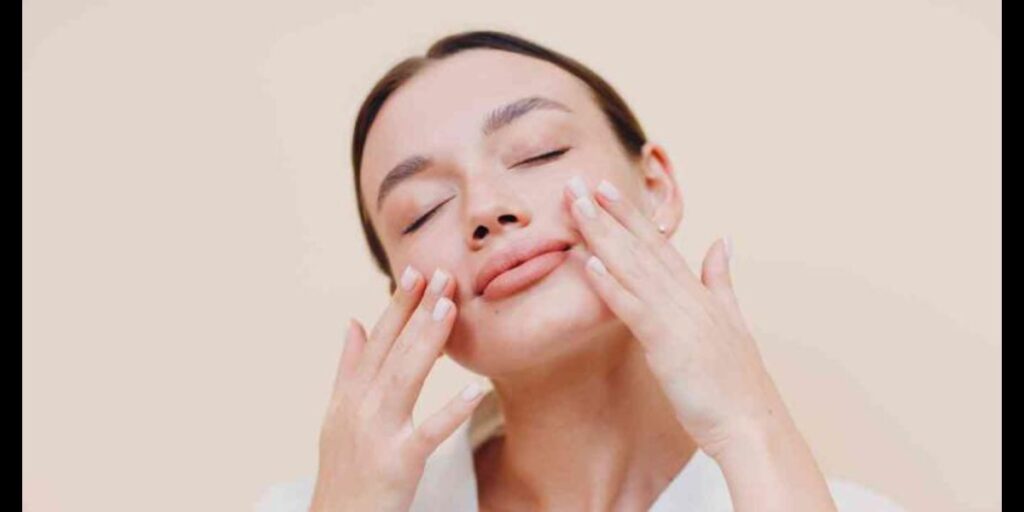Introduction to does triamcinolone acetonide cream lighten skin
Welcome to our myth-busting journey, where we uncover the truth behind a common misconception in skincare – does triamcinolone acetonide cream lighten skin? In beauty and skincare, rumors often swirl around certain products, leading to confusion and misinformation. Today, we delve into the facts surrounding this widely misunderstood topic to provide clarity and guidance for your skin care regimen. Let’s separate fact from fiction as we explore the effects of does triamcinolone acetonide cream lighten skin.
The Misconception of Skin Lightening
The Misconception of Skin Lightening
Regarding skincare, countless myths and misconceptions can lead to confusion. One common misconception is the belief that using Triamcinolone Acetonide Cream will lighten the skin. Dermatologists often prescribe this cream for various skin conditions, but its primary purpose is not for skin lightening.
It’s important to understand that Triamcinolone Acetonide Cream contains a corticosteroid that helps reduce skin inflammation and itching. While some may notice a slight brightening effect due to reduced redness or irritation, this is not the same as intentionally bleaching or lightening the skin.
Skin lightening involves using specific products with ingredients like hydroquinone or kojic acid to inhibit melanin production. These products work differently from corticosteroid creams like Triamcinolone Acetonide and should be used under professional guidance.
Remember, always consult with a healthcare provider before using any skincare product for purposes other than intended.
Understanding the Ingredients of Triamcinolone Acetonide Cream
Triamcinolone acetonide cream is a corticosteroid that works by reducing inflammation in the skin. Its active ingredient, triamcinolone acetonide, belongs to a class of drugs known for their anti-inflammatory properties.
When applied topically, this cream can help alleviate symptoms of various skin conditions such as eczema, psoriasis, and dermatitis. It is important to note that triamcinolone acetonide cream should only be used as directed by a healthcare professional to avoid potential side effects.
In addition to its active ingredient, the cream contains other components like emollients and moisturizers to help hydrate the skin and improve its overall condition. Understanding these ingredients can provide insight into how the cream works on a deeper level to address specific skin issues effectively.
Before using any medication or skin care product containing triamcinolone acetonide, it is essential to consult with a dermatologist or healthcare provider for proper guidance on its usage and potential interactions with other products.

The Effects of Using Triamcinolone Acetonide Cream on Skin Color
does triamcinolone acetonide cream lighten skin is a commonly prescribed topical medication for various skin conditions like eczema and psoriasis. While it can effectively reduce inflammation and itching, there has been a misconception about its ability to lighten the skin.
It’s essential to understand that Triamcinolone Acetonide Cream is not formulated for skin-lightening purposes. The primary function of this cream is to alleviate symptoms associated with inflammatory skin conditions by suppressing the immune response in the affected area.
Triamcinolone Acetonide Cream should not significantly alter your natural skin color when used as directed by a healthcare professional. However, prolonged or excessive use of this medication may lead to certain side effects like skin thinning or changes in pigmentation.
It’s crucial to consult with your dermatologist before using any topical corticosteroid cream to ensure it’s appropriate for your specific condition and needs.
Potential Side Effects and Risks
Triamcinolone acetonide cream is generally considered safe for short-term use when applied topically as directed by a healthcare professional. However, like any medication, there are potential side effects and risks to be aware of.
Some common side effects may include skin irritation, burning, itching, or dryness at the application site. In some cases, prolonged use of triamcinolone acetonide cream can lead to skin thinning or discoloration.
Following the prescribed dosage and duration is important to minimize the risk of adverse reactions. Avoid using this cream on broken or infected skin without consulting a doctor.
In rare instances, individuals may experience allergic reactions such as rash, swelling, or difficulty breathing after applying triamcinolone acetonide cream. If you notice any concerning symptoms while using this medication, seek medical attention immediately.
Always consult a healthcare provider before starting any new skincare regimen involving potent medications like triamcinolone acetonide cream to ensure it is safe for your needs.
Alternatives for Skin Lightening
If you’re looking for alternatives to skin lightening that don’t involve triamcinolone acetonide cream, several options are worth exploring. One popular choice is natural ingredients like lemon juice or aloe vera, known for their brightening properties. These can help even skin tone without the potential risks associated with certain chemicals.
Another option is incorporating vitamin C serums into your skincare routine. Vitamin C is known for brightening and improving overall skin complexion. It’s a safer alternative than harsh bleaching agents in some lightening creams.
Exfoliation is also key in achieving radiant skin. Regularly exfoliating helps remove dead skin cells, revealing fresh, brighter-looking skin. Look for gentle exfoliants like lactic acid or fruit enzymes to avoid irritation.
Above all, remember that embracing your natural skin tone and practicing good skincare habits will always be the best way to achieve healthy and glowing skin in the long run.
Conclusion Thoughts
It is essential to debunk the Myth surrounding triamcinolone acetonide cream and its skin-lightening capabilities. While this topical corticosteroid can effectively treat various skin conditions, it is not intended for cosmetic purposes like lightening the skin. Understanding the ingredients and potential side effects and seeking alternatives for skin lightening are crucial to maintaining healthy and radiant skin. It’s always best to consult a healthcare professional before using any medication or treatment on your skin to ensure safety and effectiveness. Remember, embracing natural beauty is key to feeling confident in your skin!